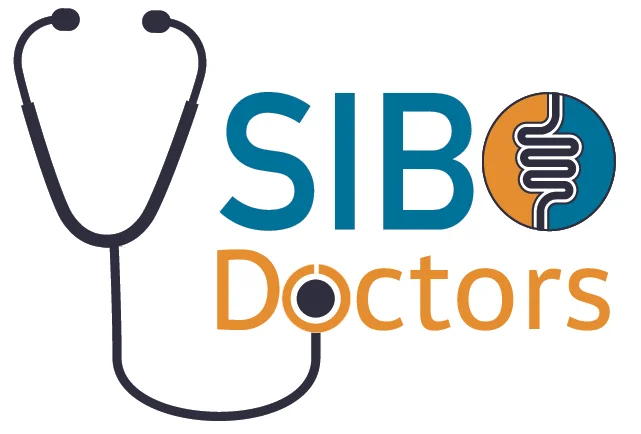Small intestinal bacterial overgrowth (SIBO) is a relatively new diagnosis. Over the past 15 years, it has gained acceptance in the medical community and there has been a large amount of research done regarding SIBO and its associated conditions. Perhaps the most well researched condition associated with SIBO is Irritable Bowel Syndrome (IBS).
Research from 2003 showed that 84% of IBS patients showed an abnormal result on the lactulose breath test (LBT). That means 84% of patients diagnosed with IBS also tested positive for SIBO.
IBS is the most common of all gastrointestinal conditions. In recent research from January of 2016, it was found that the incidence of new onset IBS symptoms following acute infections also suggests an infectious cause and even that antibiotic trials showed improvement in global symptoms. For more information on the infectious cause of SIBO, please read Dr. Khangura’s blog post.
SIBO can even explain some alterations to the gut-brain axis. Changes to the normal gastrointestinal flora can cause disruptions in the gastrointestinal barrier integrity and as a result compromises immune function.
In June of 2016, research of patients with IBS and SIBO showed that Rifaximin, an antibiotic used as part of the SIBO treatment protocol, improved abdominal pain and bloating. Additionally, consistency, frequency, and satisfaction of stool was significantly improved after treatment.
Also from June 2016, researchers investigated the connection between SIBO and cytokines, which are signalling molecules in our body that can be pro-inflammatory or anti-inflammatory. They found that Interleukin 10 (IL-10) was significantly lower in SIBO-positive patients. Interestingly, IL-10 is an anti-inflammatory cytokine, and has been shown to down-regulate the expression of Th1 cytokines, MHC class II antigens, enhance B cell survival, proliferation, and antibody production. In SIBO, this important cytokine is lowered. What does that mean? Essentially, we want higher levels of IL-10, as it improves immune function while preventing auto-immune reactions.
Other studies that removed IL-10 in mice suggested the function of this cytokine as an essential immune system function and regulation in the intestinal tract. Lastly, IL-10 blocks nuclear factor kappa beta (NFkB) activity, which is a potent pro-inflammatory signalling molecule that starts systemic inflammation.
For more information about the IBS and SIBO connection, visit the link below:
Small Intestinal Bacterial Overgrowth, A Framework for Understanding Irritable Bowel Syndrome.
IBS and SIBO have an undeniable connection. While treatment options may be limited for IBS, there is a wider range of options for the diagnosis, treatment and prevention of recurrence of SIBO. If you, or someone you know, suffers from IBS or IBS type symptoms, up to 84% will be positive for SIBO and treatment options are available. Why wait? Get tested and change your life!
References:
Liu ZJ, Wei H, Duan LP, Zhu SW, Zhang L, Wang K. [Clinical features of irritable bowel syndrome with small intestinal bacterial overgrowth and a preliminary study of effectiveness of Rifaximin]. Zhonghua Yi Xue Za Zhi. 2016 Jun 28;96(24):1896-902.
Pimentel M, Chow EJ, Lin HC. Normalization of lactulose breath testing correlates with symptom improvement in irritable bowel syndrome. a double-blind, randomized, placebo-controlled study. Am J Gastroenterol. 2003 Feb;98(2):412-9.
Thompson JR. Is irritable bowel syndrome an infectious disease? World J Gastroenterol. 2016 Jan 28;22(4):1331-4.
Gene ID: 3586. IL10 interleukin 10 [ Homo sapiens (human) ]. Updated Sept 11, 2016. http://www.ncbi.nlm.nih.gov/gene/3586
Lin HC. Small Intestinal Bacterial Overgrowth: A Framework for Understanding Irritable Bowel Syndrome. JAMA. 2004;292(7):852-858.

